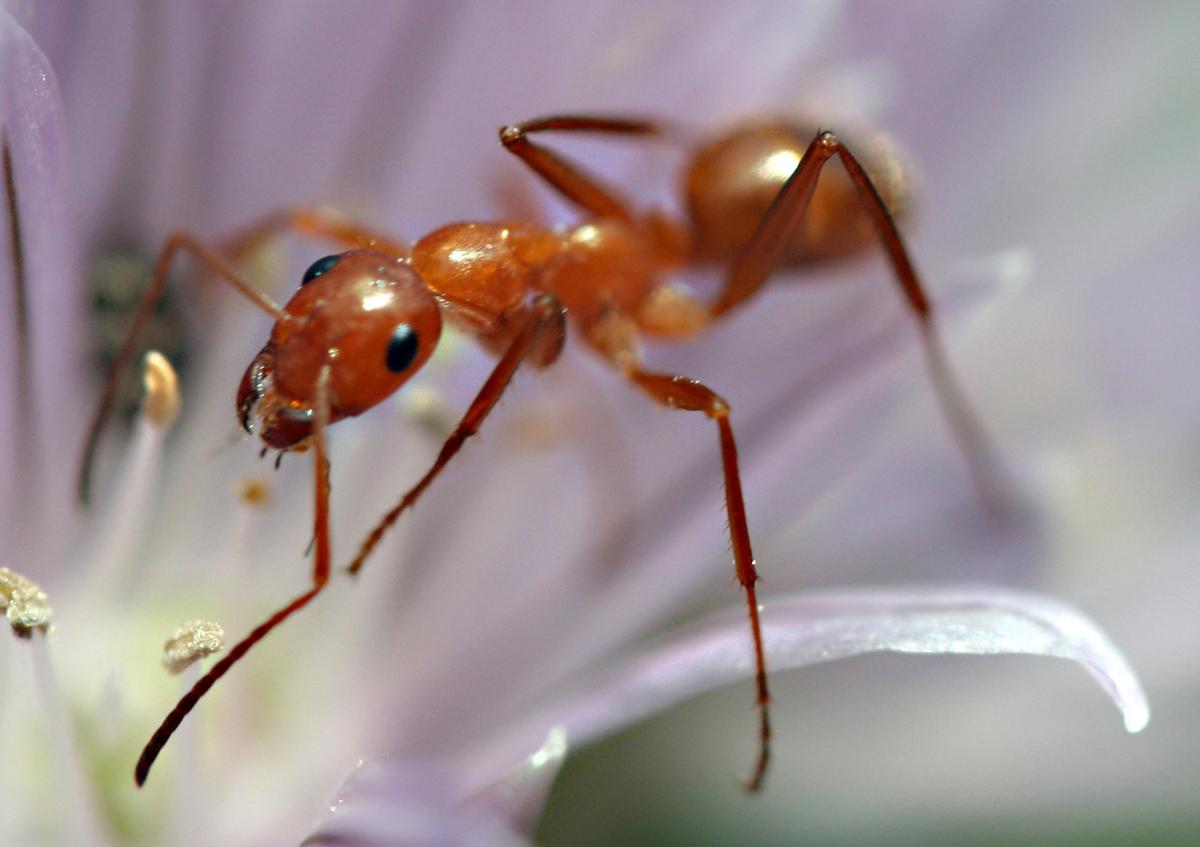Humans like to think of Earth as our planet, but biology tells us otherwise. Ecologists study the abundance and distribution of living species so they can understand the role of each in the workings of ecosystems. They have found that, in some important ways, Earth is the planet of the ants.
Ants play a central role in almost every land ecosystem, except in extreme environments like Antarctica. There are currently fifteen thousand ant species known to science, and they inhabit a wide range of microhabitats from soil and leaf litter, to living and decaying plants. Long before humans even existed, ants thrived on Earth. The oldest known fossil of an ant is one hundred million years old, meaning ants have existed since the time of the dinosaurs.
In 2022 a team of ecological researchers, seeking a better understanding of the animals’ ecological significance, published an estimate of the total number and biomass of ants on Earth. To make their estimate, the researchers drew on 489 earlier studies, involving the work of thousands of scientists. They conservatively estimate that there are at least twenty quadrillion ants on Earth, which amounts to two and a half million ants for every human, with ant populations highest in the tropics.
Because of limited sampling in some environments, they think this is probably an underestimate. The amount of organic matter that all those ants could transport, remove, recycle and eat is staggering. Although individual wild mammals and birds are more noticeable to us because of their size, the researchers estimate that ants have a greater ecological impact. Their abundance and diversity may be an important measure of environmental health.










